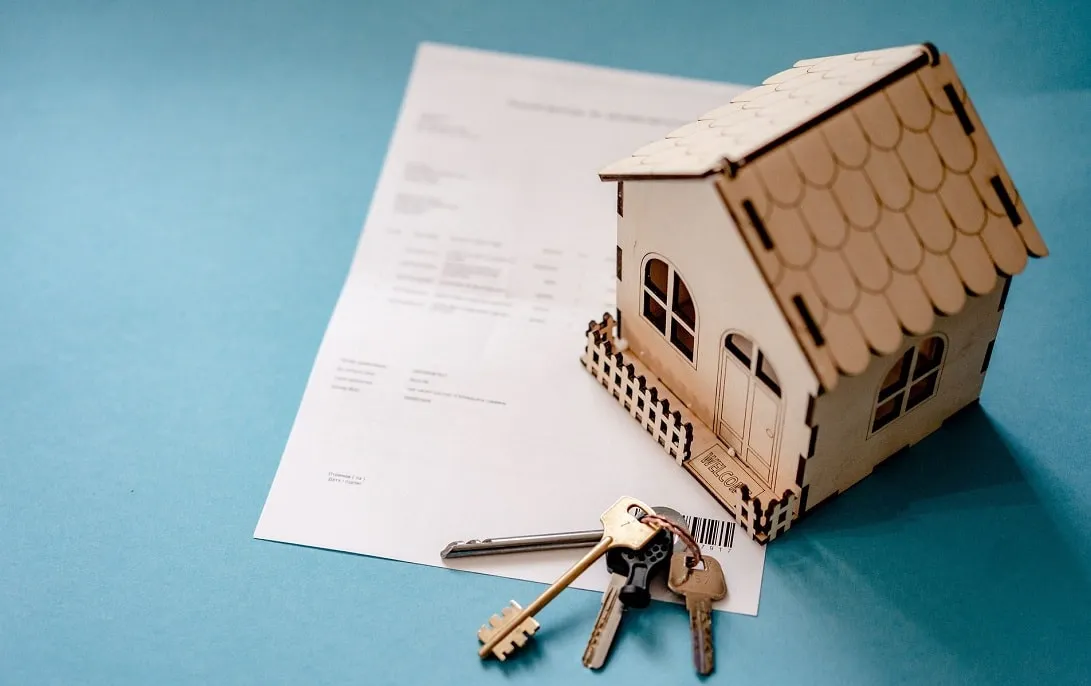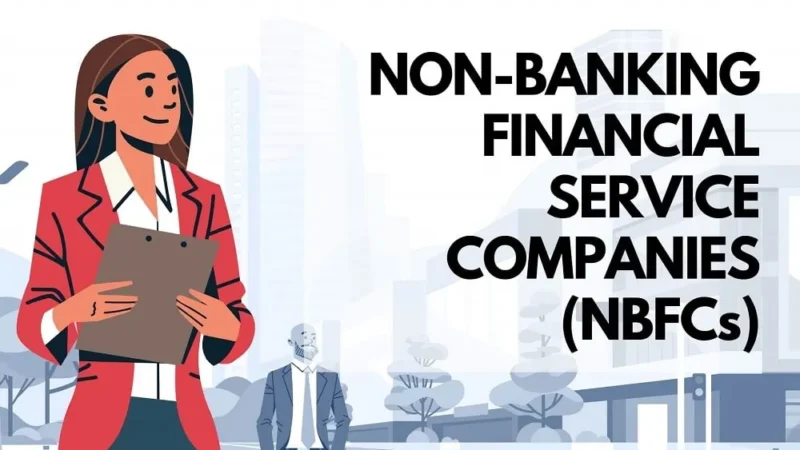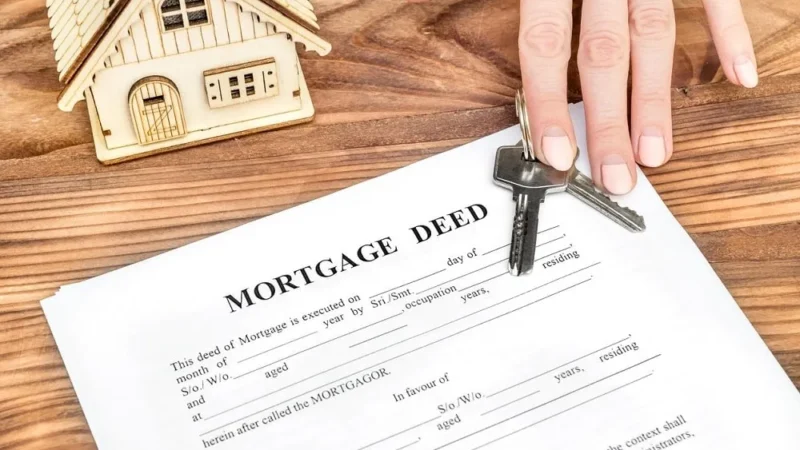What Happens to Personal Loans when the Lender Dies ?

What Happens when your Private Landlord Dies in UK
A private mortgage is a loan between an individual and a bank or building society. These loans are secured on the borrower’s home, meaning that if the borrower defaults on their loan, they can repossess their home to make up for any shortfall.
In the UK, when a lender dies, the mortgage is transferred to their estate. The lender’s estate then has to sell the property on which the mortgage was secured. If they cannot sell it, it is then re-mortgaged and sold. The proceeds of this sale are distributed among the lenders in proportion to their interest in the mortgage.
If there is no lender or if there is an insufficient number of lenders to pay out all of their interests, then a liquidator will be appointed by court order and will be responsible for paying out these interests from the net proceeds.
This means that if you have a private mortgage with a deceased lender and you don’t have any other form of debt, you might still benefit from this process because your home may be re-mortgaged and sold for more than what you paid for it originally.
The executor of the estate will also be responsible for paying any outstanding debts from before death, such as mortgage payments or credit card bills. In this scenario, it is possible that some debtors may not get paid back what they were owed by virtue of not having a beneficiary who would inherit them.
What is a Mortgage and How is it Repossessed ?
A mortgage is a loan that is used to purchase a home. The loan is secured by the property itself. If the homeowner defaults on the loan, the bank has the right to seize and sell the house to recoup their losses.
A mortgage can be repossessed in one of two ways:
1) The lender can foreclose on the property and take it back by court order.
2) The lender can repossess it through a power of sale, which is a legal process that allows them to seize custody of property without going through court proceedings.
What Happens When the Lender Passes Away in UK ?
When the lender passes away in UK, the power of attorney will be transferred to a loved one.
The power of attorney is an agreement between two people where one person gives another person the power to act on their behalf if they are unable to do so themselves. In this case, it is between the lender and borrower. If someone who is lending money dies, then the power of attorney will be transferred to a loved one or a trusted friend.
When it comes time for the lender to die, there are three ways that can happen:
1) The lender passes away from natural causes
2) The lender has a life-threatening illness
3) The lender dies within 6 months of taking out life insurance
The Risk of Mortgages and How to Protect Assets
The risk of mortgages is something that many people are worried about. However, there are ways to protect your assets from the risk of a mortgage.
- If you have a mortgage, you should keep an emergency fund with at least three month’s worth of living expenses in case you lose your job or get hit with unexpected medical bills. You should also pay off your mortgage early to avoid any extra fees and interest charges.
- If you have other assets such as stocks or savings, make sure to diversify them across different types of investments so that they can’t be easily wiped out by a market downturn.
In nutshell, the risk of mortgages can be mitigated by taking precautionary measures such as saving up for a down payment and ensuring that you have enough money in your emergency fund.






